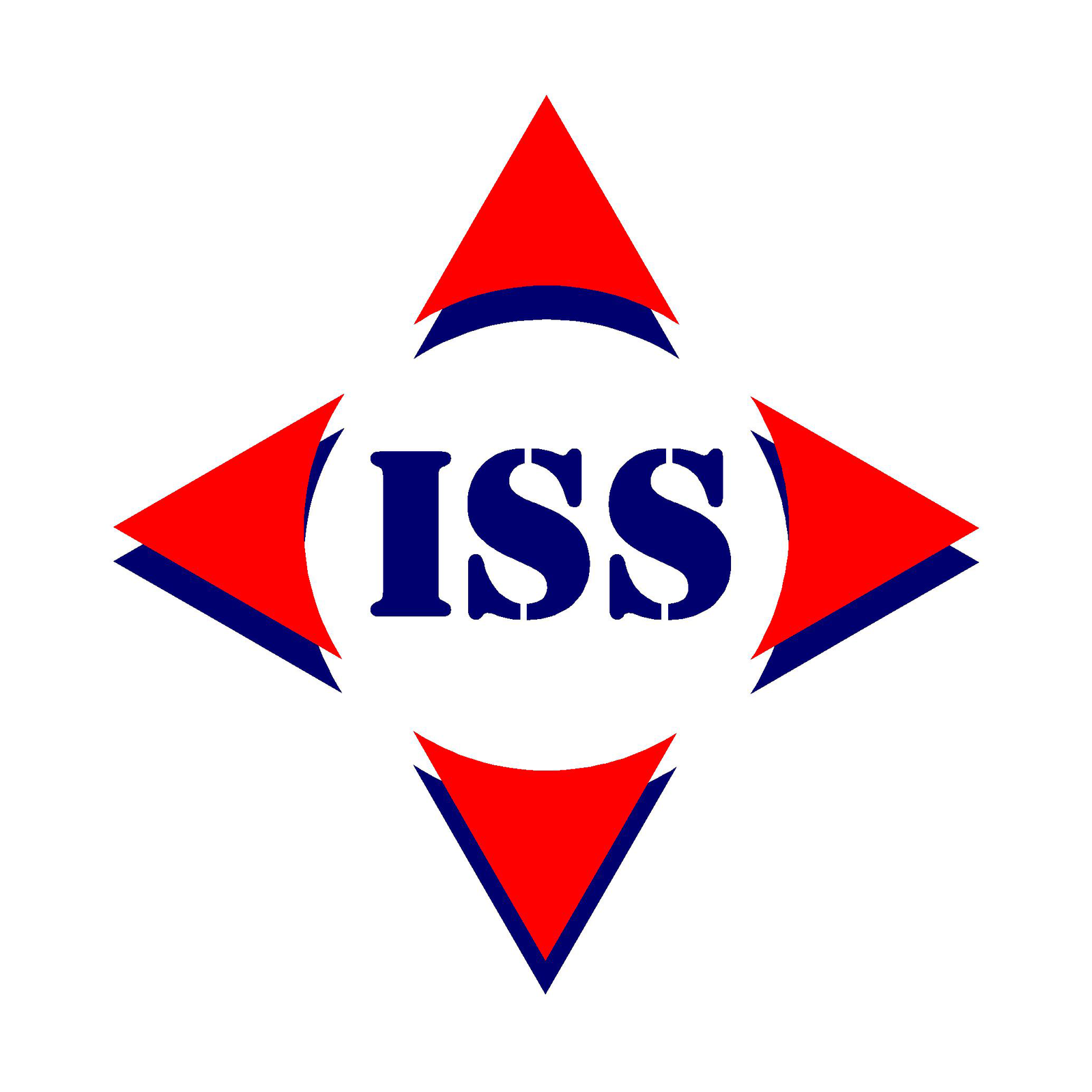
In today's global marketplace, effective supply chain management is crucial for businesses aiming to stay competitive and meet customer expectations. By streamlining operations, optimising processes, and enhancing collaboration with suppliers and partners, businesses can achieve greater efficiency, cost savings, and customer satisfaction. In this ISS Shipping blog, we will explore key strategies that businesses can implement to improve their supply chain management and achieve a competitive edge.
Enhance Supply Chain Visibility:
One of the critical aspects of effective supply chain management is visibility. By implementing technology solutions like supply chain visibility platforms and data analytics tools, businesses can gain real-time insights into inventory levels, order status, and shipment locations. This visibility allows for proactive decision-making and reduces the risk of disruptions. Additionally, establishing clear communication channels with suppliers and partners ensures transparency and timely information flow, enabling better coordination and planning.
Foster Collaboration and Partnerships:
Collaboration and partnerships play a pivotal role in enhancing supply chain management. Building strong relationships with suppliers fosters open communication and shared goals, enabling better coordination and responsiveness. Collaborating closely with key partners helps align strategies, coordinate activities, and drive innovation. Exploring collaborative planning, forecasting, and replenishment (CPFR) initiatives can further improve demand forecasting, inventory management, and overall supply chain efficiency.
Implement Lean Principles:
Implementing lean principles is a proven approach to streamline supply chain operations. By identifying and eliminating waste across the supply chain, such as excess inventory, unnecessary transportation, and inefficient processes, businesses can reduce costs and improve efficiency. Adopting lean manufacturing practices, such as reducing lead times and minimising defects, helps optimise resource utilisation. Just-in-time (JIT) and lean inventory management techniques can be employed to reduce carrying costs and improve responsiveness to customer demand.
Embrace Technology and Automation:
Technology and automation play a significant role in optimising supply chain management. Implementing advanced technologies like Internet of Things (IoT), artificial intelligence (AI), and robotic process automation (RPA) can streamline operations, improve data accuracy, and enhance decision-making capabilities. Automation can be applied to routine and repetitive tasks, freeing up resources for more value-added activities. Cloud-based solutions and digital platforms can facilitate collaboration, data sharing, and process efficiency across the supply chain network.
Optimise Inventory Management:
Effective inventory management is crucial for efficient supply chain management. Analysing demand patterns and implementing demand-driven inventory strategies help align stock levels with customer requirements, minimising stockouts and reducing carrying costs. Utilising inventory optimisation tools enables businesses to balance stock levels and meet service-level goals. Efficient forecasting and demand planning techniques ensure optimal inventory levels, reducing excess inventory and improving cash flow.
Improve Supplier Management:
Effective supplier management is essential for a robust supply chain. Conducting regular supplier performance assessments ensures quality, reliability, and compliance. Developing supplier scorecards with key performance metrics helps measure and track supplier performance over time. Establishing open communication channels and fostering collaboration with suppliers promotes better alignment of goals, reduces lead times, and enhances overall supply chain performance.
Enhance Logistics and Transportation:
Efficient logistics and transportation are vital components of supply chain management. Optimising transportation routes and modes reduces costs and improves delivery times. Implementing transportation management systems (TMS) facilitates efficient planning, routing, and tracking of shipments. Exploring alternative transportation options, such as intermodal transportation and last-mile delivery solutions, can further enhance logistics efficiency and customer satisfaction.
Implement Continuous Improvement Practices:
Continuous improvement is a key principle for successful supply chain management. Establishing a culture of continuous improvement encourages employees to identify inefficiencies and suggest process enhancements. Regularly reviewing supply chain performance metrics and Key Performance Indicators (KPIs) helps monitor progress and identify areas for improvement. Techniques like Six Sigma and Kaizen can be employed to drive incremental improvements and eliminate root causes of problems, resulting in a more efficient and resilient supply chain.
Improving supply chain management is a strategic imperative for businesses seeking to enhance operational efficiency, reduce costs, and deliver superior customer experiences. By embracing supply chain visibility, fostering collaboration, implementing lean principles, leveraging technology, optimising inventory management, enhancing supplier relationships, improving logistics, and embracing continuous improvement, businesses can achieve a more resilient, agile, and competitive supply chain. Through these efforts, organisations can position themselves for success in a rapidly evolving marketplace.
If you’re wanting to improve your business’s supply chain management, get in touch with ISS Shipping. We have the expertise and experience to streamline your logistics, ensuring your supply chain management is seamless!




